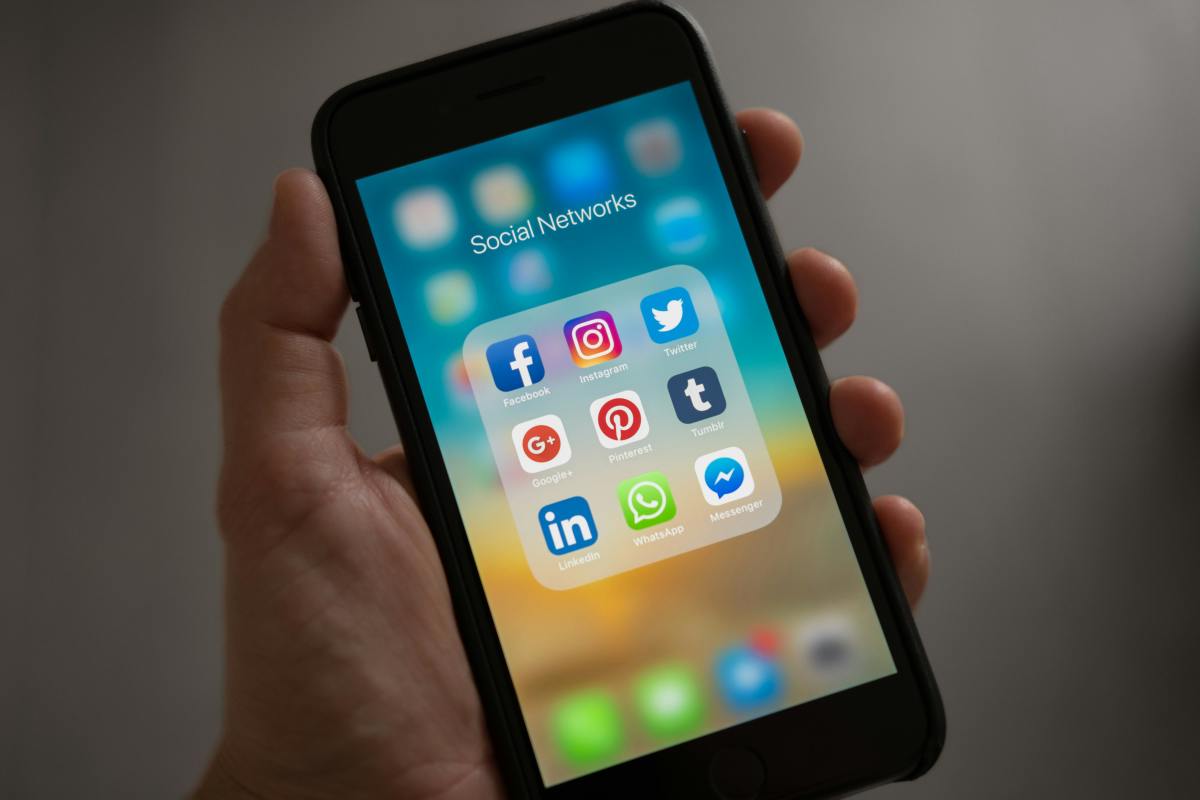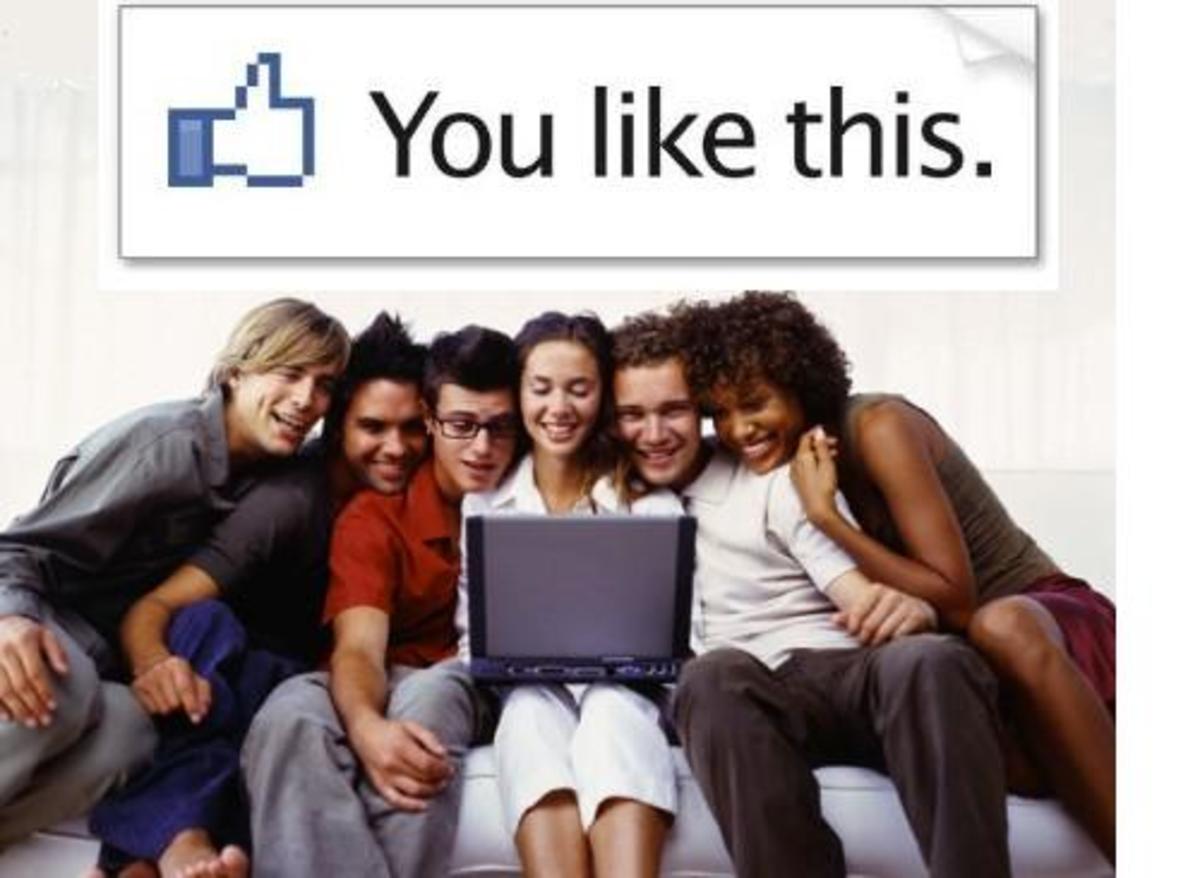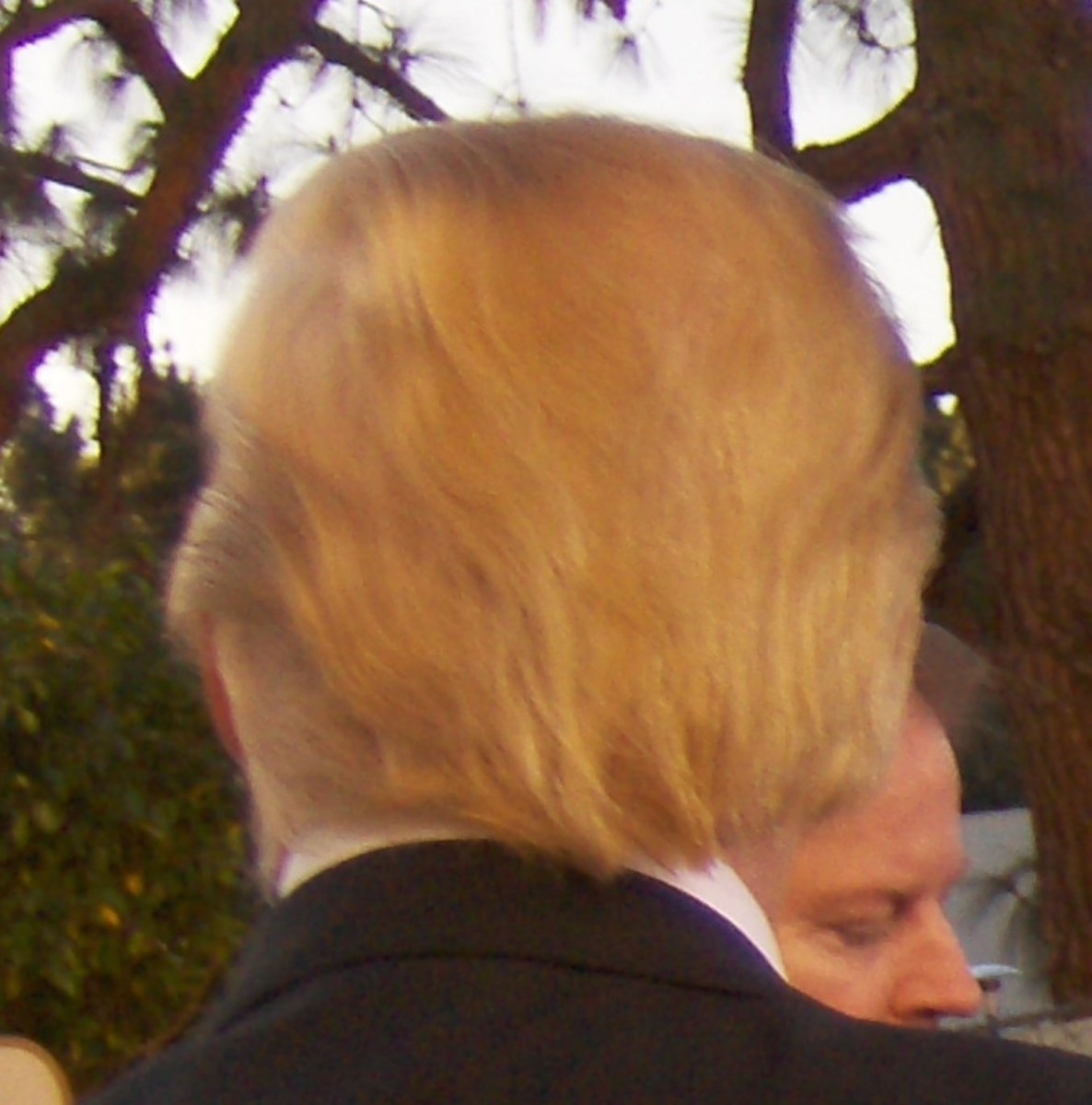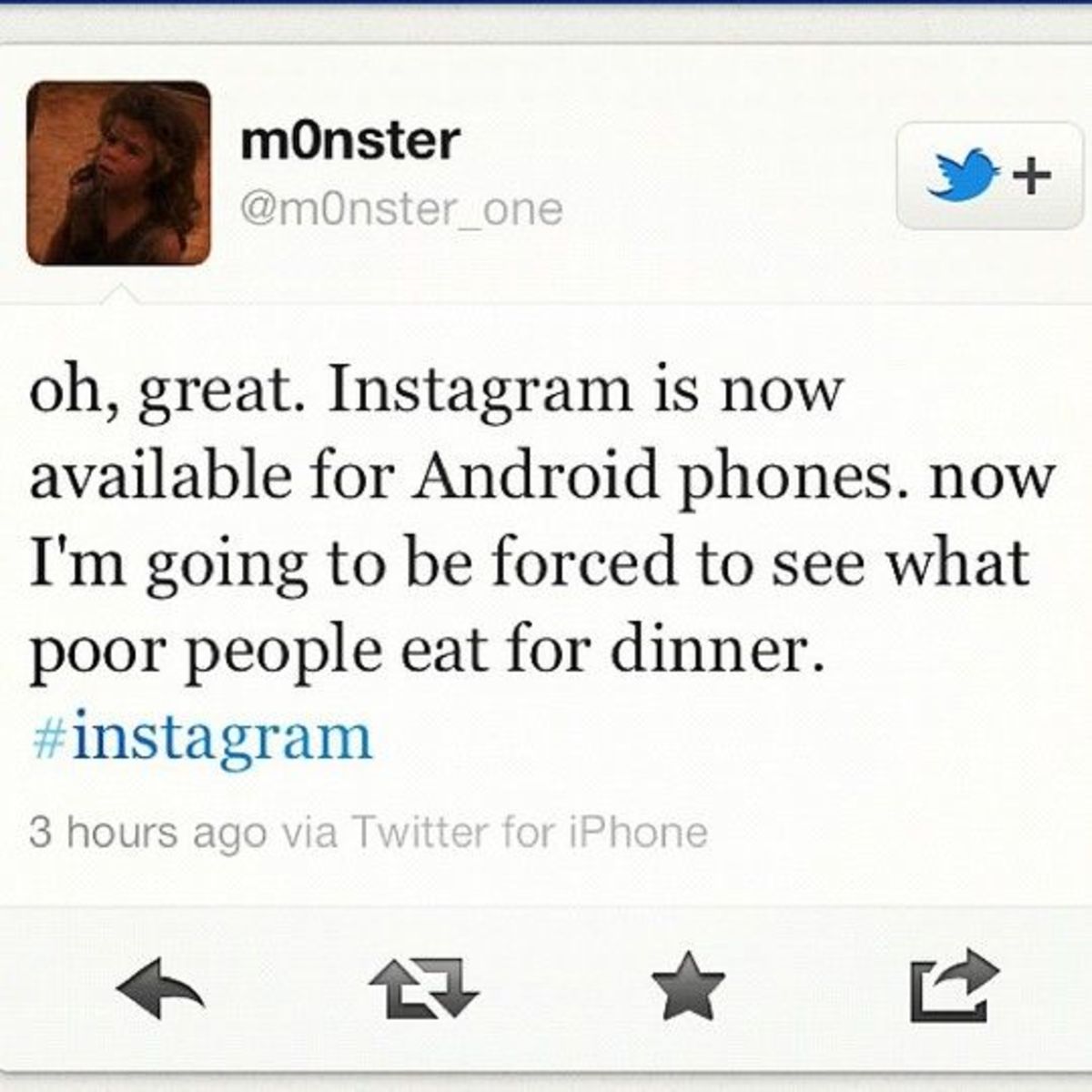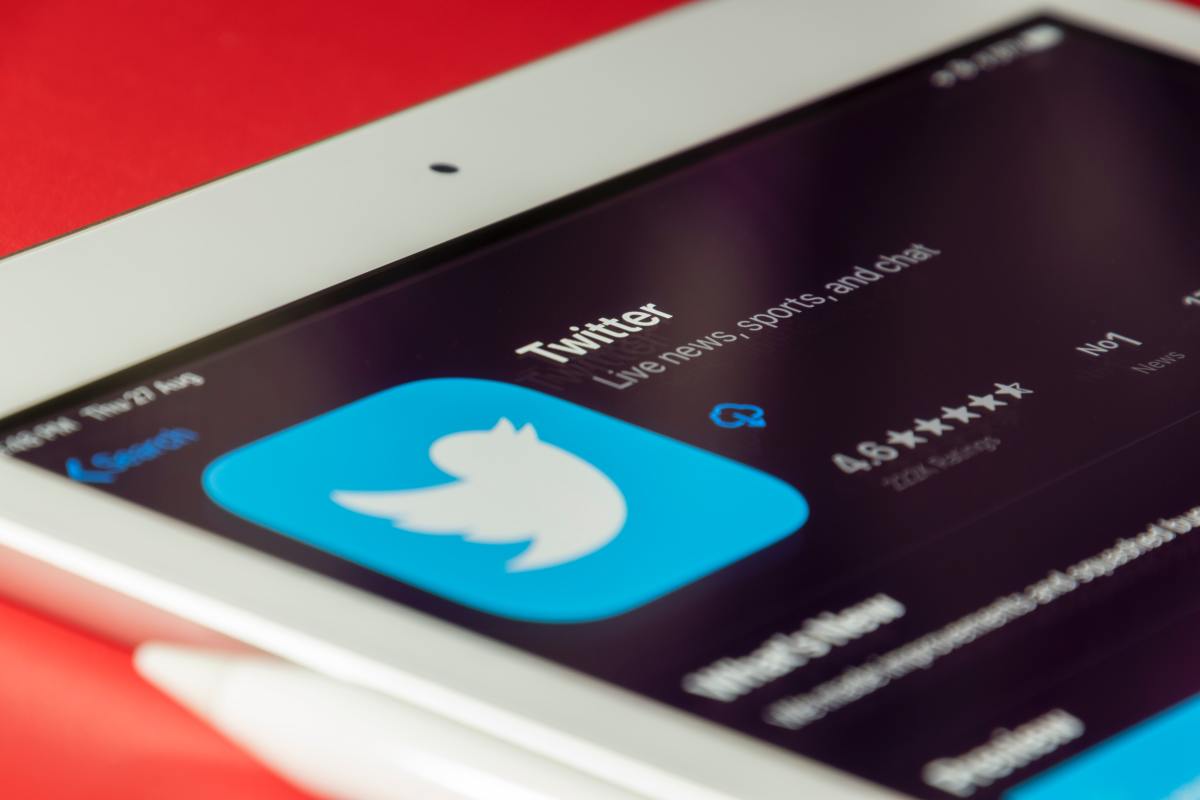- HubPages»
- Technology»
- Internet & the Web»
- Social Networking
Trump's War Against Twitter and Facebook

Section 230 says that "No provider or user of an interactive computer service shall be treated as the publisher or speaker of any information provided by another information content provider" (47 U.S.C. § 230).
This brief section was written into law in 1996. A time when the Internet was just a baby, when there was no Twitter, No Facebook, mostly just chat rooms on AOL or similar services. The Web was also a babe with nothing like it is in 2020. You needed a special browser then and the Internet was sparse.
Today, in 2020, it is not remotely the same place in any sense of the word. So, Trump has done something with his executive order, which may or may not work, to change this section.
Before Twitter had responded, Trump and any other loonie, could write just about anything about anyone or anything on a platform service such as FB or Twitter that millions of followers might see and believe. It is a propaganda's machine dream to spread lies and false narratives even from foreign lands, like Russia did in 2016. Since publishing platforms like FB and Twitter have no liability per Section 230, defamation and slander could not be filed against them because it was not their content but content from their viewers (posts, videos). They only published it through moral filters of the platform.
Trump's executive order seeks to remove the shield of non-liability to social media platforms making them liable for a variety of lawsuits. By removing the protection of Section 230, social platforms will be forced to regulate what users of it say and post via filters and hinder free speech, to a degree. But how would this change things?
In the case of Trump's millions of followers who believe everything he tweets, it would actually empower Twitter or FB to stop fake posts or fake facts that Trump tweets to avoid being accused of spreading false facts. They could simply not allow Trump to post due to excessive false facts to protect themselves from lawsuits. Twitter would still tell viewers of Trump's claims in his tweets to check facts via a link, which is what happened originally. Twitter has its own right.
If Trump's executive order changes Section 230, the result is that social platforms would be forced to sift through posts being posted for potentially libelous material before being allowed to post etc. So, in essence, it would be similar to social media in Russia or China, where everything posted is cleansed or not allowed before reaching the public platform.

